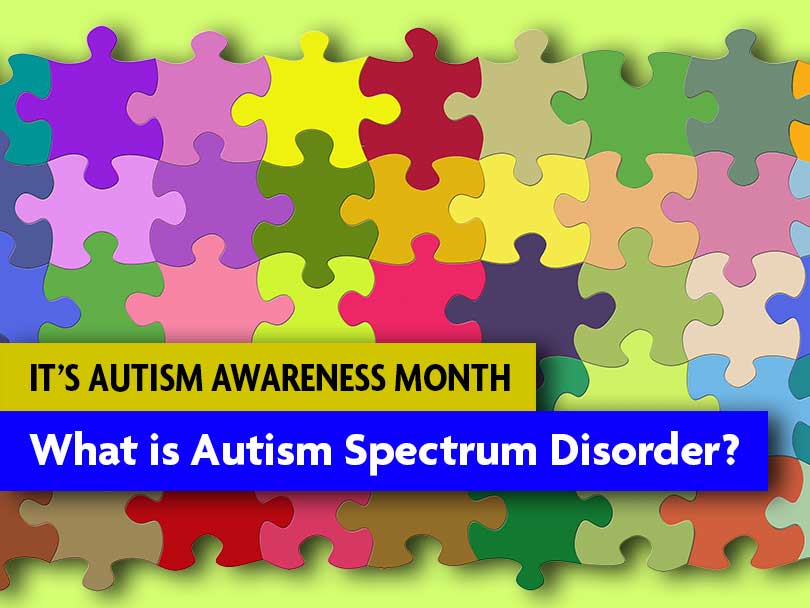As defined by the Autism Research Institute: Autism Spectrum Disorder (ASD) is a developmental disorder with symptoms that appear within the first three years of life.
Most children with autism look like other kids but they act and interact in ways that feel different from the behaviors of other children. When interacting with others, they may respond in unexpected ways, or they may not interact at all.
Autism is a spectrum disorder, which means that it appears in a range of forms and levels of severity. Some individuals develop typical capabilities in terms of speech and language – and develop exceptional skills – but struggle with lifelong social and behavioral differences. Others may have challenges in communication, sensory sensitivities, and behavioral issues, such as excessive tantrums, repetitive behaviors, aggression, and self-harm. The good news is that appropriate treatments can improve outcomes for many, if not most, people diagnosed with ASD. Here are some resources that can help.
Links/Resources
Autism Research Institute
(autism.org)
A research organization committed to providing up-to-date information and the latest news in the world of autism for individuals with ASD, their families and healthcare providers. This website is the place to go to separate fact from fiction.
Autism Society of America
(autismsociety.org)
If you’re looking for a good starting point, take advantage of the society’s comprehensive on-line resource database and National Contact Center (800-3-AUTISM) that provides information and service referrals.
The Arc
(autismnow.org)
With over 600 local chapters, the Arc is a good starting point to find resources in your community. Visit the website to locate a chapter in your area to find educational, vocational and recreational services.
Autism Community Store
(autismcommunitystore.com)
Visit the store online or in person to find books, sensory products, supplements, and toys for individuals with ASD.

